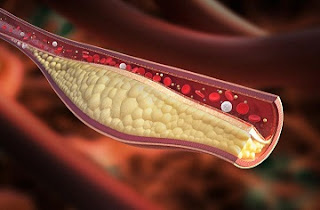Arthritis Definition, Arthritis Symptoms, Causes
Arthritis Definition
 |
| Arthritis |
Treatment differs depending on the cause, but the goal is always to relieve pain and inflammation while maintaining function.
Arthritis Symptoms
Joint and inflammation symptoms occur in most types of arthritis and rheumatic diseases. These include
- joint pain
- stiffness
- swelling
- limited range of motion
- redness
- fever
- fatigue
- discomfort
- lumps and bumps.
Although joint symptoms are considered the main feature of arthritis, certain rheumatic diseases can affect other parts of the body. For example, connective tissue (found in tendons, muscles, and skin) can be affected. Certain rheumatic conditions can also affect the internal organs.
Arthritis Causes
Generally speaking, the types of arthritis can be divided into four categories related to the mechanisms that lead to joint inflammation:
- Degenerative arthritis: The most common type of arthritis is osteoarthritis, in which the cartilage that cushions the joint bones is destroyed. This is often related to age, overuse, or injury.3
- Inflammatory arthritis: is an autoimmune process in which your immune system mistakenly attacks your joints and other tissues. Genetics and environmental factors can play a role in the development of these conditions.
- Metabolic arthritis: Problems removing uric acid from the body can cause gout.
- Infectious (septic) arthritis: When bacteria or viruses infect the fluid that surrounds a joint or the joint itself, arthritis (located in that joint) can occur.



Comments
Post a Comment